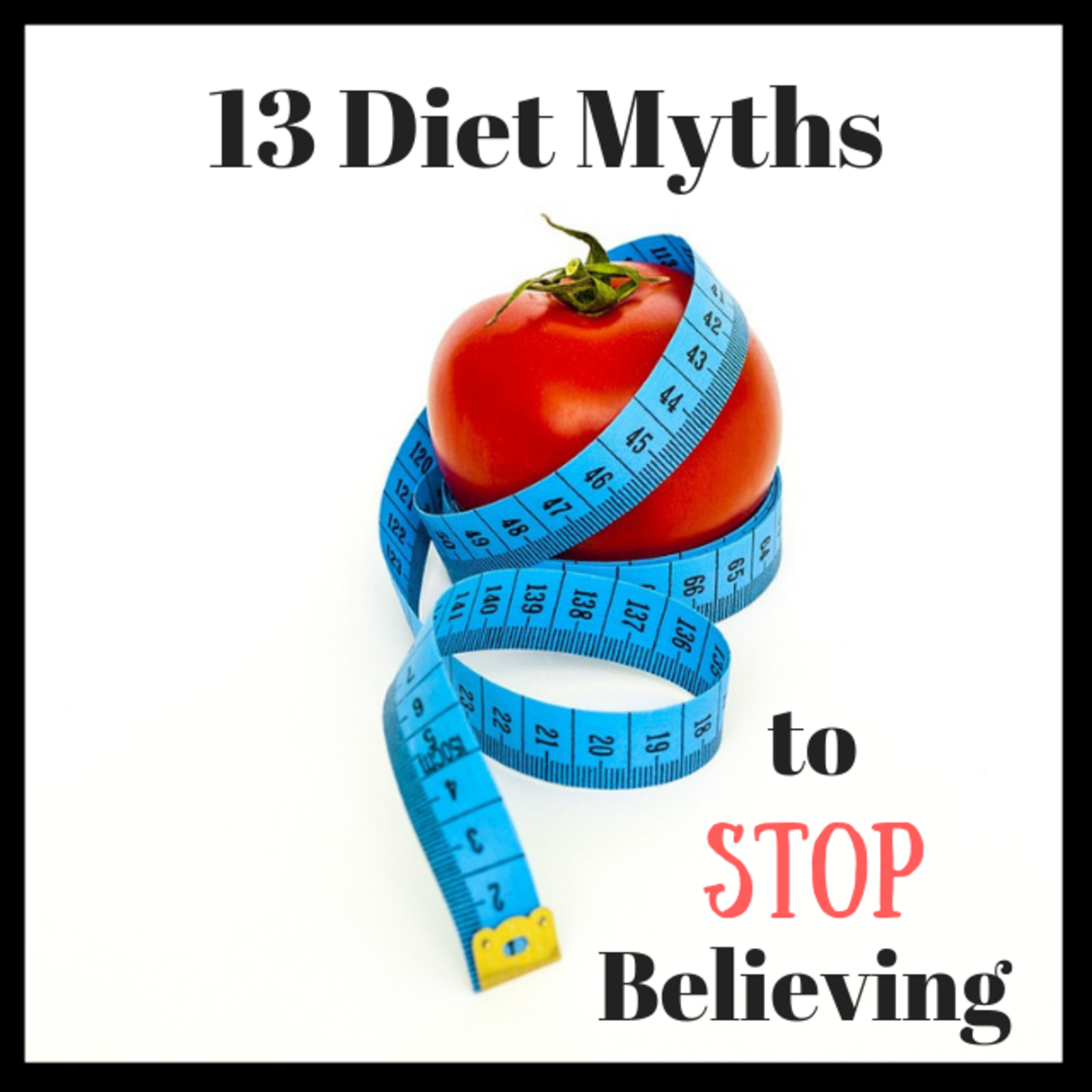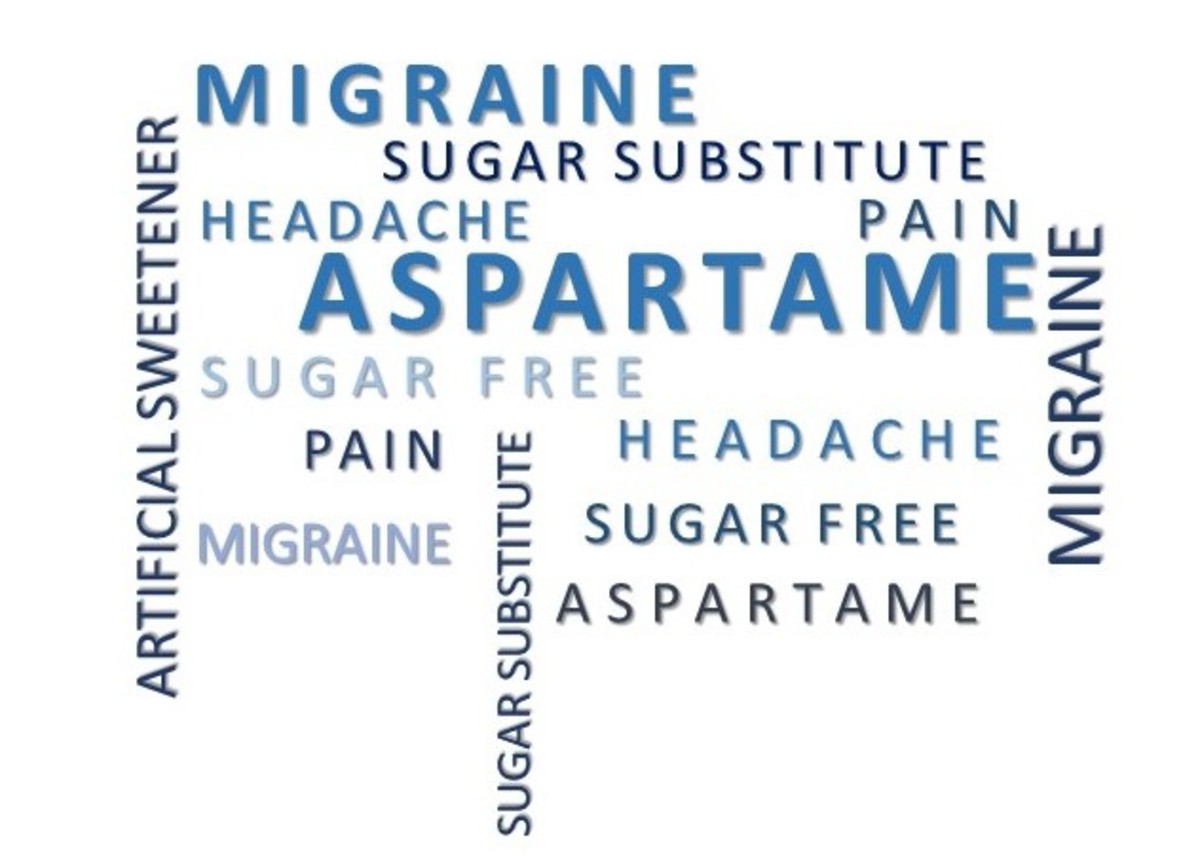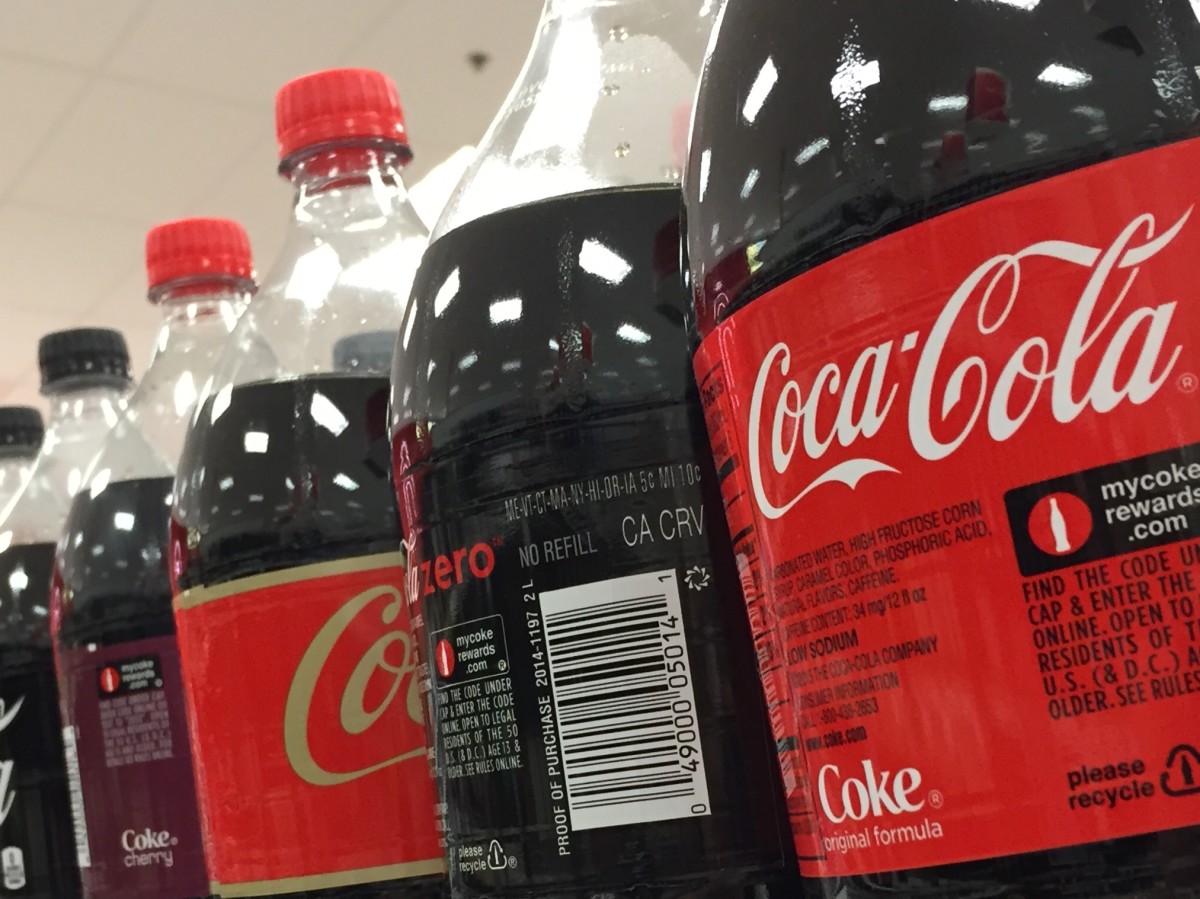Diet Soda Dangers: 5 Health Risks to Take Seriously
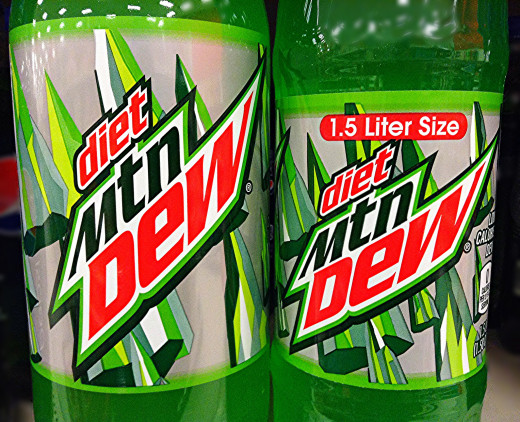
Diet Sodas in American Culture
When diet sodas came on the market in the 1960s, they quickly became popular with Americans of all ages who wanted to watch their weight while still enjoying sweet carbonated drinks.
Since the 1990s, however, the consumption of diet sodas has been in a downward trend. A brief reversal in the trend peaked in 2009, but over the last five years the decline in diet soda consumption has been estimated at a significant 20%. Concerns over artificial sweeteners, especially aspartame, are is the main reason people have been turning away from diet sodas.
Of course, the diet soda industry has fought back hard with more glitzy advertising. Sometimes changes in ingredients have been made and loudly touted.
Are You Still Drinking Diet Sodas?
However, the evidence as to the harmful affects of diet soda on the human body has been steadily growing. Here are five major health risks you should be aware of if you are among the millions of Americans who still drink diet sodas.
5 Health Risks of Diet Sodas
More Abdominal Fat
Accelerated Kidney Decline
Loss of Tooth Enamel
Increased Risk of Diabetes
Increased Risk of Heart Attack and Stroke
More Abdominal Fat
People drink diet sodas because they think these drinks will help them lose weight. However, several studies have indicated that diet sodas actually increase abdominal fat. How can this be since they don't have any calories?
The problem lies with artificial sweeteners. Once touted as a smart alternative to real sugar, a study from Purdue University found that artificial sweeteners, which are many times more sweet than real sugar, interfere with the body's natural ability to regulate normal calorie intake. The more sugar the body gets, or thinks its getting, the more it wants, and also the more starchy carbs it wants. We know where that leads! Therefore, the would-be dieter is caught in a cycle of sugar addiction that he or she intended to avoid.
More fat around the middle is the result. Whether it's called abdominal fat, visceral fat or belly fat, the implications are all bad.
Accelerated Kidney Decline
Each kidney contains over one million tiny structures called nephons, which are responsible for cleaning the blood of excess water and wastes, and returning potassium and sodium if they are low in the body. Kidney function is measured by the glomerular filtration rate, which indicates how efficiently the nephons are doing their important job.
A gradual decline in kidney function, as measured by the glomerular filtration rate, is normal as we get older, especially after the age of 35. However, a 20-year study of 3000 nurses by Harvard Medical School concluded that drinking more than one diet soda per day makes this decline happen three times faster. This decline, which showed up in women over 40, was specific to diet sodas; women who drank the same amount of sugar-sweetened soda showed a normal glomerular filtration rate.
While mild to moderate kidney decline does not have specific symptoms itself, it does require a closer watch on blood pressure and blood sugar levels in order to prevent a worsening of kidney function. Why speed up the process with diet sodas?
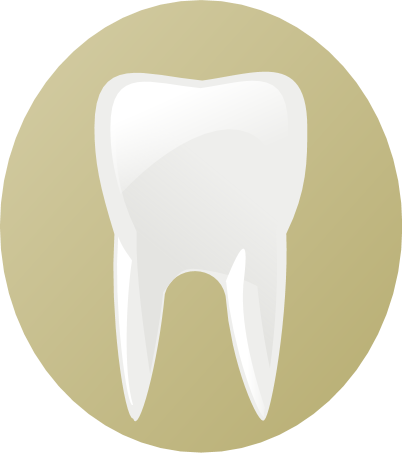
Loss of Tooth Enamel
Diet sodas are bad for your teeth due to the erosion of enamel. In fact, highly publicized studies claimed that diet sodas are as bad for tooth enamel as...meth. Yes, that's right; as bad as meth. Other studies have said, no, this is an unfair assertion, and just a scare tactic.
Regular sodas contain sugar, which combines with the bacteria in your mouth to create acid. Acid erodes tooth enamel. Plus, the sugar by itself in regular sodas contributes in a big way to tooth decay. Diet sodas don't contain sugar, but they do contain acid...acid that doesn't have to be combined with anything to do its dirty work on the enamel of your teeth.
Many things we drink contain acid, and yes, so does meth. But one of the worst beverages is Gatorade, according to a University of Iowa study, followed by Red Bull and Coke, then Diet Coke, and apple juice. Apple juice! Yes, fruit juice contains acid.
A valid question at this point is how much diet soda is bad for your teeth. As stated in the above linked article, if you're drinking more diet soda than water, you're drinking too much diet soda. Your teeth won't like it.
Increased Risk of Diabetes
The increased risk of diabetes is linked to the increase in abdominal fat. Both of these conditions are associated with too much sugar.
As Dr. Andrew Weil points out, the artificial sweeteners in diet sodas alter the bacteria in the gut in such a way that blood glucose levels to rise higher than they should and take longer than normal to fall back to desired levels.
The development of glucose intolerance then becomes a serious concern, and with it the onset of type-2 diabetes.
A shocking result of a study referenced by Dr. Weil is that it only took one week for many persons who had not previously consumed artificial sweeteners regularly in either food or drink to begin developing glucose intolerance when these products were made part of their diet.
No wonder there is an epidemic around the world of type 2-diabetes. Why drink diet sodas and put yourself at greater risk for this dangerous disease?
Increased Risk of Heart Attack and Stroke
The last but not least health issue associated with diet sodas to be discussed in this article involves the increased risk of heart attack and stroke.
A long term study of older adults found that persons who drank diet soda everyday increased their likelihood of suffering a heart attack or stroke by 44%. This study is bolstered by other reputable findings that show an association between artificial sweeteners and high blood pressure and high glucose levels in the blood. The same association does not exist between these cardiovascular issues and regular soda with real sugar.
Another study from Columbia University was able to come to the conclusion that drinkers of regular soda were more likely to be smokers and to eat more carbs, but to have better blood pressure and less instances of diabetes than persons who favored diet sodas. Diet soda drinkers were more likely to exhibit the metabolic syndrome, which refers to a cluster of certain negative conditions. These are 1) abdominal fat, 2) high blood pressure, 3) unhealthy cholesterol levels, and 4) high blood sugar levels. The appearance of three out of four of these conditions qualifies as the metabolic syndrome. And as we all know, high blood pressure and high levels of bad cholesterol are directly associated with heart attack and stroke.
Conclusion
In conclusion, there is nothing good to say about diet sodas. They have absolutely no redeeming nutritional value. In spite of containing no sugar and zero to minimal calories, diet sodas contribute to the health crisis in this country. People who have stopped drinking diet sodas are to be applauded, and those who still drink them (does that include you?) need to be informed and encouraged to make better choices.

